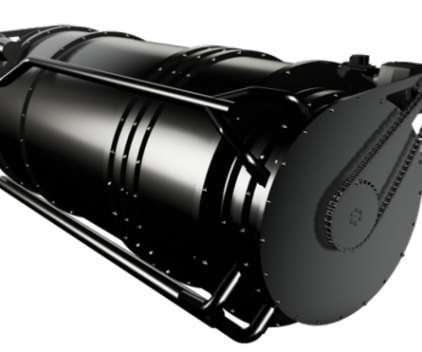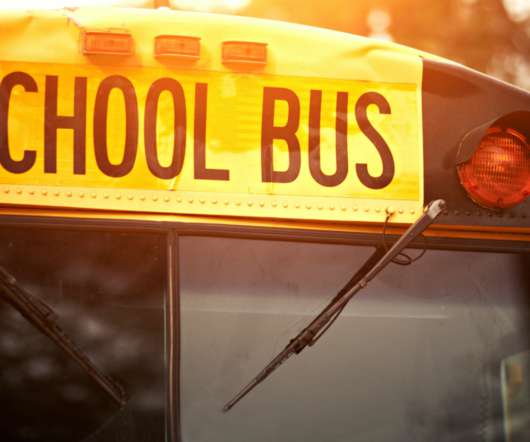IPG to demo Flameless Ceramic Turbine for clean, off-grid power in EV charging
Green Car Congress
NOVEMBER 1, 2020
IPG’s project will demonstrate the role of Flameless Ceramic Turbine technology in bringing EV charging to high-use and remote locations through clean, cheap, grid-independent power generation. Not only can IPG’s technology deliver low-emission, pollutant-free energy on today’s cleaner fuels. —IPG CEO Toby Gill.












Let's personalize your content